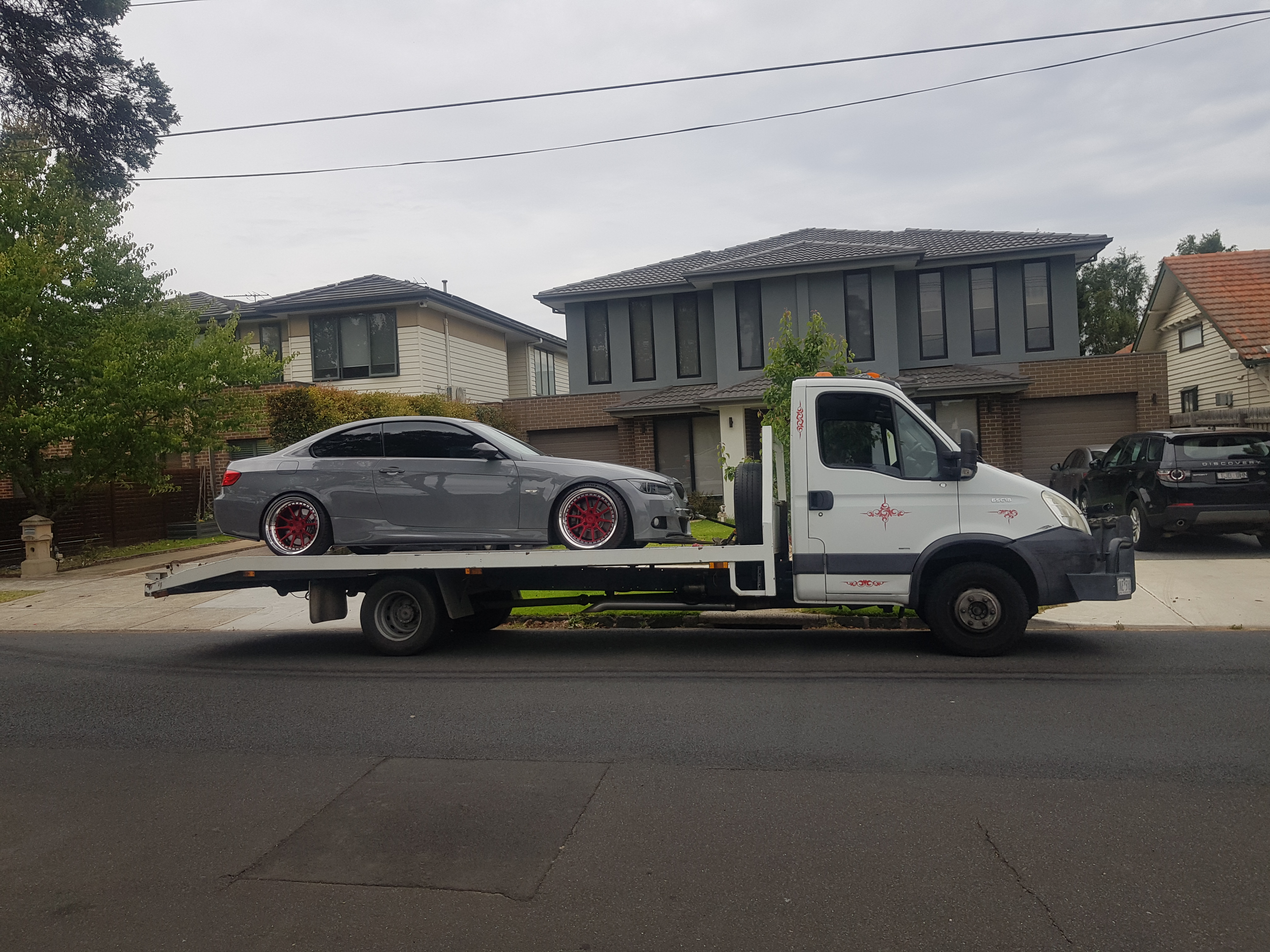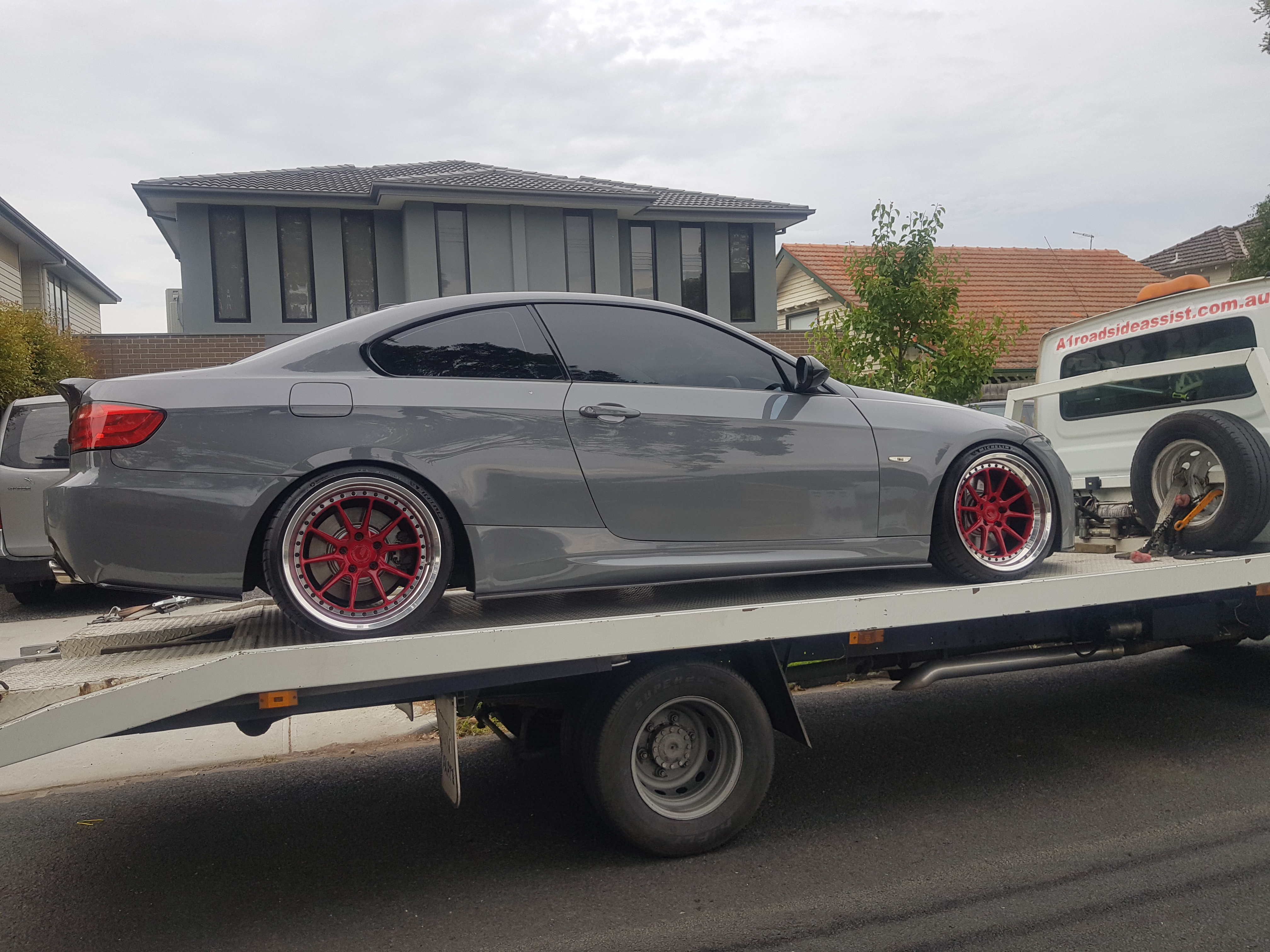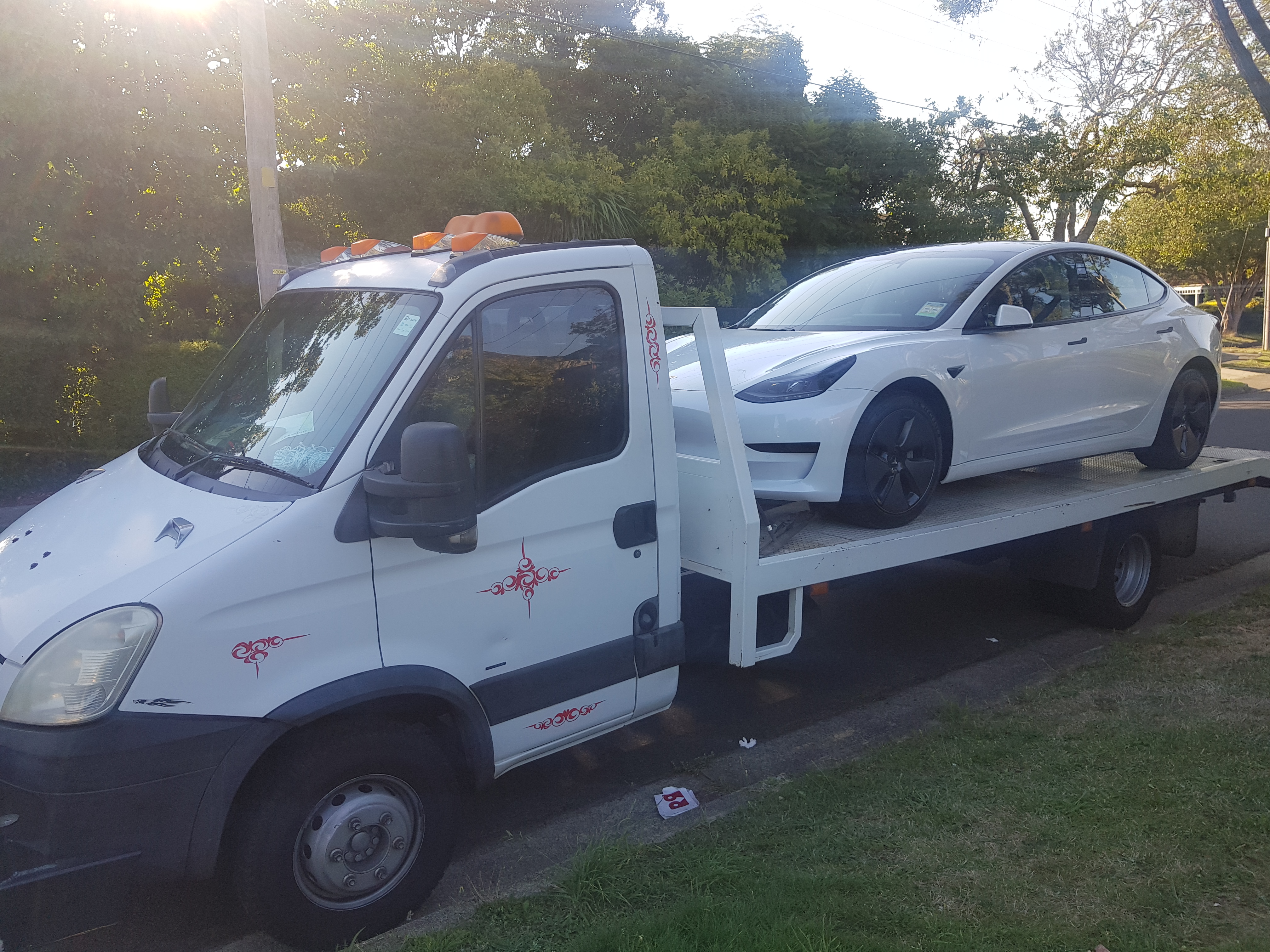Have you ever found yourself stranded on the side of the road with a broken-down vehicle? If so, you’re not alone. Thousands of Melbourne experience car troubles every day, and that’s where towing services come to the rescue. In this article, we’ll dive deep into the world of towing, exploring what it is, when you might need it, and how to find reliable towing services near you.
What is Towing?
Towing, in its simplest form, is the process of pulling or dragging one vehicle behind another. This service is typically used when a car is inoperable or unsafe to drive. Whether you’ve been in an accident, experienced a mechanical failure, or simply run out of fuel, towing can be a lifesaver.

The concept of towing isn’t new – people have been using animals to pull carts and wagons for centuries. But in our modern world, towing has evolved into a sophisticated industry that plays a crucial role in keeping our roads safe and clear.
Types of Towing Services
- Flatbed Towing: This is one of the most common and safest methods of towing a car. A flatbed tow truck features a flat, level surface that can be tilted and lowered to the ground. The vehicle is then winched onto the flatbed and secured for transport.
- Hook and Chain Towing: Once popular but now less common, this method involves using chains to secure the vehicle’s frame or axle. It’s generally used for moving badly damaged vehicles or those destined for the scrapyard.
- Wheel-Lift Towing: This technique uses a metal yoke that cradles the drive wheels of the vehicle, lifting them off the ground. The rest of the car is then towed behind the truck.
- Integrated Towing: Often used for towing larger vehicles, this method involves a boom integrated into the truck’s core structure, providing more stability and power.
The Cost of Towing in Melbourne
The cost of towing can vary widely depending on several factors:
- Distance: Most towing companies charge a base fee plus a per-kilometer rate. For short distances within city limits, you might expect to pay anywhere from $75 to $125. For longer distances, the cost can quickly escalate.
- Time of Day: After-hours or holiday towing often comes with a premium. Expect to pay 20-50% more for towing services outside of regular business hours.
- Type of Vehicle: Larger vehicles or those requiring specialised equipment may cost more to tow. For example, towing a small sedan might cost around $100, while a large 4WD could be closer to $150 or more.
- Location: Rural areas or hard-to-reach locations might incur additional fees.
- Towing Method: Flatbed towing is generally more expensive than wheel-lift towing but offers better protection for your vehicle.
Nationwide Towing Networks
For those who frequently travel long distances or simply want the peace of mind that comes with extensive coverage, nationwide towing services can be a great option. These networks typically operate through partnerships with local towing companies across the country, providing a single point of contact for customers no matter where they are.
Some benefits of nationwide towing services include:
- Consistent pricing and service standards
- 24/7 availability
- Coverage in remote areas
- Simplified billing and membership options
Major motorist organisations like NRMA, RACV, and RACQ offer nationwide towing as part of their roadside assistance packages. For frequent travellers, these services can be well worth the annual membership fee, which typically ranges from $60 to $200 depending on the level of coverage.
Preventing the Need for Towing
While it’s good to know about towing services, the best strategy is to avoid needing them in the first place. Here are some tips to keep your car running smoothly:

- Regular Maintenance: Follow your vehicle’s recommended service schedule to catch potential issues before they leave you stranded.
- Check Your Tyres: Regularly inspect your tyres for wear and maintain proper inflation. Don’t forget to check your spare tyre too!
- Keep an Eye on Fluid Levels: Regularly check and top up essential fluids like oil, coolant, and brake fluid.
- Listen to Your Car: Strange noises or vibrations can be early warning signs of mechanical issues. Don’t ignore them!
- Be Prepared: Keep an emergency kit in your car with items like jumper cables, a flashlight, and basic tools.
Conclusion
Towing is an essential service that can save the day when you’re facing vehicle troubles. Whether you need a tow truck near you for a quick local move or you’re looking into nationwide towing options for peace of mind on long trips, understanding the basics of towing can help you make informed decisions.
Remember, the best towing service is the one you never have to use. Regular maintenance and careful driving can go a long way in preventing breakdowns. But when the unexpected does happen, it’s comforting to know that professional towing services are just a phone call away, ready to get you and your vehicle to safety.
So the next time you hear someone ask, “What is towing?“, you’ll be well-equipped to give them a comprehensive answer. Drive safe, Melbourne!

